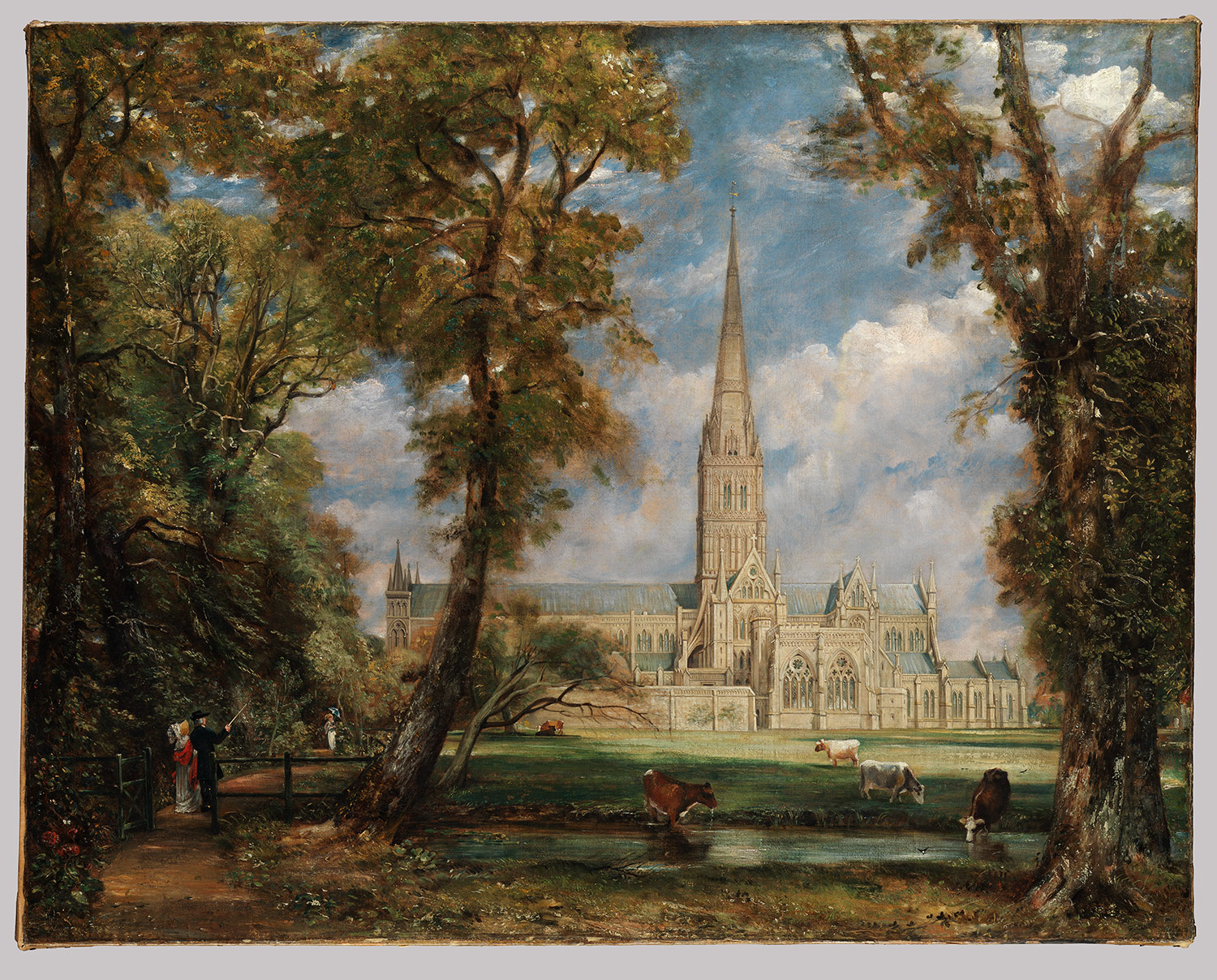Post Author: Bill Pratt
 I don’t mean in the sense of displaying strong affection toward your spouse. I mean in the sense of the nineteenth century movement of Romanticism. I think the romantics still have something to say to us today, and I’m wondering how many of you can relate to their ideas.
I don’t mean in the sense of displaying strong affection toward your spouse. I mean in the sense of the nineteenth century movement of Romanticism. I think the romantics still have something to say to us today, and I’m wondering how many of you can relate to their ideas.
According to William Lawhead, in his The Voyage of Discovery, “Romanticism was a quasi-philosophical literary and artistic movement that reacted against the Enlightenment picture of the universe as a machine that could best be studied by the analytical techniques of the sciences.”
Lawhead expands on this theme:
For the romantics, the scientific vision of the world was too alienating, for it threatened to turn our moral, aesthetic, and religious longings into isolated aberrations within an otherwise mathematically ordered cosmos. As the romantics looked out on nature, they did not see atomistic particles in motion. Instead, they felt they were in the mystical presence of an organic unity that resonated with the human spirit.
Furthermore, they were convinced that logic and telescopes missed what was most important about reality. Rather than reason and science revealing the secrets of this world to us, they fragmented nature and turned it into a catalogue of abstractions. In place of the banquet table of life, full of rich colors, tastes, and textures, science offered us only a cookbook of recipes.
To be sure, every savory dish present at the banquet of nature was represented in the scientists’ recipes. But to mistake the scientists’ calculations for the fullness of reality would lead to spiritual starvation. The physicist could summarize the sunset and rainbow in optical equations, and the physiologist could describe the body of one’s lover as a machine made up of organic pumps, tubing, levers, and pulleys. However, in each case the scientific account missed the beauty and the mystery of these realities.
Although I don’t agree with everything the Romantics had to say, there is much to be commended about their movement, and I find myself agreeing with several aspects of it. It often seems to me that the battle of worldviews today is between the reductionists who want to explain every part of human experience in terms of scientific data and theory, and the modern romantics who see that human experience is so much more than what scientific data can explain.
Where do you stand? Do you align yourself more with the reductionists or the romantics? Why?